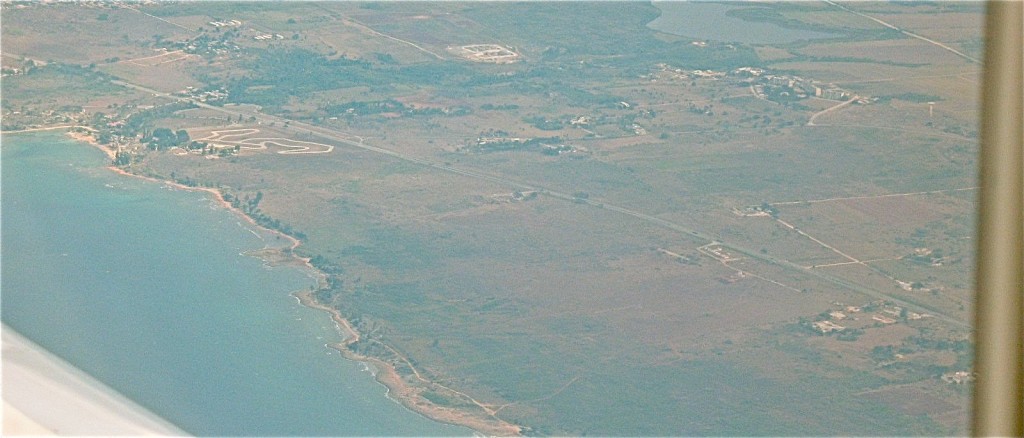Cuba, it seems, was not ready for me.
Definitely, I was not ready for Cuba.
It seems that getting a Cuban journalist’s visa is a great deal more complicated than I had been led to believe. My lack of attention to this particular detail led to a brusque reception by disbelieving bureaucrats, a long cold night in Jose Martí International Airport, and the first flight back to Cuba.
It was a costly, embarrassing and extremely painful lesson, but here’s what I learned. I’m sharing the story in the hopes that you will learn from my mistakes.

(1) Never believe your travel agent when she tells you she’ll handle the visa for you. Even when your agent works for one of a handful of companies licensed to take U.S. citizens to Cuba, and she knows you’re a journalist, and you’ve already received a specific journalist license from the U.S. Government, faxed to her at her request, and when she’s told you that you can just pick it up at the counter along with your ticket. Don’t believe her to be an expert in these matters. She is not.
In this case, she was a Brazilian native recently hired by the company – a nice lady who feels very badly about what happened, but in no way knowledgeable about Cuban journalist visas, which are notoriously hard to procure.
(2) Don’t assume the official-looking Spanish-language documents in your packet are what you think they are. Had I inspected the documents I was given instead of rushing off to the gate post-haste I would have noticed that there was no visa; only a swine flu screening document, an embarkation form and a customs form. At that point I might have had some options. But I didn’t notice this until I was in Havana, at which point my options were extremely limited.
(3) Don’t rely on the guidebook, which devotes many pages to explaining how to get U.S. permission to travel to Cuba, but only a couple of paragraphs to the Cuban journalist visa – one of them stating that if you come in on a tourism visa, you can request a status change and get a journalist visa in about a week. This guide is not written for journalists and while that may or may not be true, it’s no indication of the ease or difficulty in getting a journalist visa to enter the country in advance.
(4) Don’t do international travel – particularly to a country that has been estranged with your own for several decades – on two hours’ sleep.
(5) Blogging, tweeting, facebooking and texting family and friends are optional. Mindful attention to logistics is not.
Bruno Henríquez, a solar energy expert and science fiction author I was scheduled to meet, consoled me via e-mail when he received my bad news.
“Here in Cuba, we have a saying: ‘Lo que sucede, conviene.’”
Roughly translated: What happens is the best thing.
It’s a tough one to swallow at the moment, but it comforts me to think that in the long run, Bruno’s wise words will be made manifest.
Back home in Houston, I’m investigating my options. I’ll keep you posted.
Meanwhile, it’s time to turn this fiasco into the best thing possible.
- ‘Planting Is a Right’: Guadalajara’s Urban Ag Rebels Rally Against Proposed Regulations — Again - January 21, 2026
- The women who kept a Mexican pueblo above water — and stopped a megadam - January 15, 2026
- Reading the Earth: How Mexican scientists are using nature to find the disappeared - January 7, 2026
¡ay, teresita! no te preocupes y haz caso a bruno, yo me grabaré a fuego esa frase para siempre. ya verás cómo terminas riéndote de todo (hace un par de semanas, yo misma perdí dos aviones en dos horas). me alegro de saber de ti. un beso muy muy grande desde parís.
I agree with Henriquez, things happens for a reason. Don´t worry you will get there sometime if that is what you wnat. Love you! Nancy
What happens is best–what a great expression. So sorry for your fiasco. We love you and know you will make it!
Bribe, bribe, and then bribe again on a flight from Mexico.